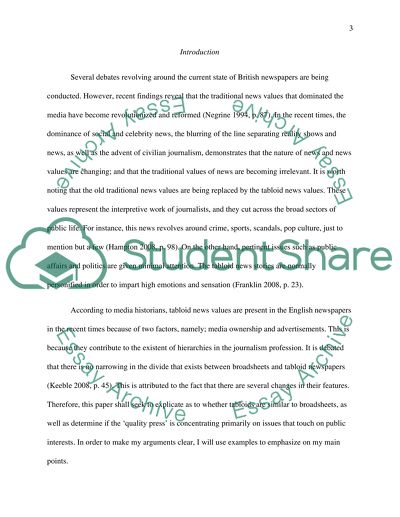Cite this document
(“Divisions between the British tabloid and the serious, quality Press Essay”, n.d.)
Retrieved from https://studentshare.org/journalism-communication/1402936-journalism-industry-then-and-now
Retrieved from https://studentshare.org/journalism-communication/1402936-journalism-industry-then-and-now
(Divisions Between the British Tabloid and the Serious, Quality Press Essay)
https://studentshare.org/journalism-communication/1402936-journalism-industry-then-and-now.
https://studentshare.org/journalism-communication/1402936-journalism-industry-then-and-now.
“Divisions Between the British Tabloid and the Serious, Quality Press Essay”, n.d. https://studentshare.org/journalism-communication/1402936-journalism-industry-then-and-now.


